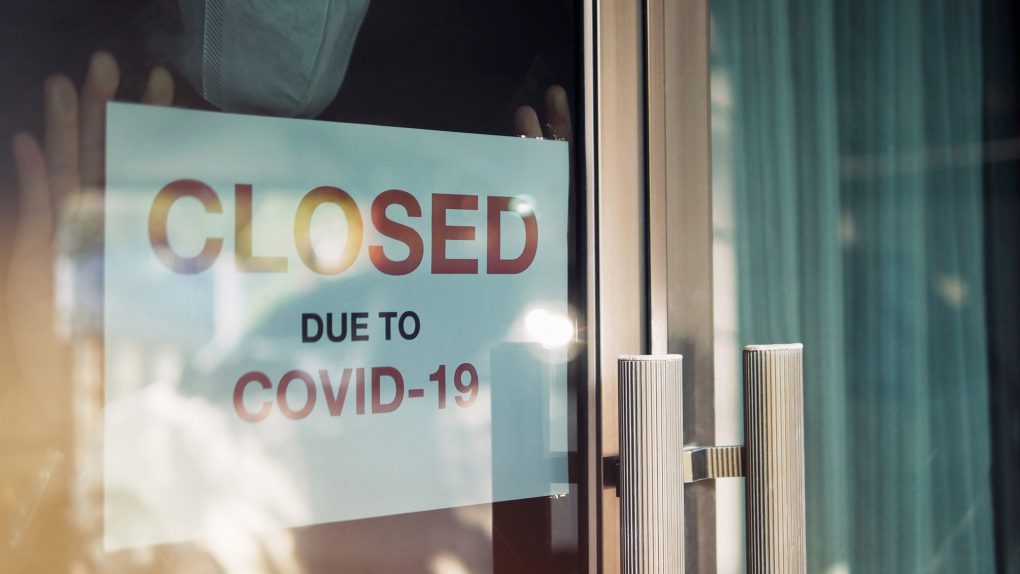- Most US cities aren’t under a coronavirus lockdown anymore, even though the pandemic is still rampaging across the country and forcing citizens and local health officials to learn how to live with it.
- A new survey that sought to investigate how lockdowns have affected Americans during the coronavirus pandemic, meanwhile, has revealed some surprising realities about how people say they’ve been impacted.
- For one thing, many respondents say the coronavirus lockdowns have actually helped them become better people.
With a few exceptions, most of the US is no longer under the most aggressive of the coronavirus lockdown measures that characterized the early months of the COVID-19 pandemic here. Of course, the exceptions that remain are nonetheless still painful, such as the fact that New York City’s restaurant industry is still reeling in a major way from decisions made by local officials to fight the pandemic. NYC mayor Bill de Blasio, for example, has suggested that indoor dining at his city’s restaurants might not return until there’s a coronavirus vaccine — with the loss in between now and then no doubt representing a crushing financial blow for the industry. Along these same lines, the Hawaiian island of Oahu (which includes the state’s capital city of Honolulu) returned to a state of lockdown in recent days.
All that said, a new survey that attempts to quantify some of the effects of all these lockdowns and stay-at-home orders has found some surprising ways that they’ve impacted Americans. Namely, many respondents said they think the lockdowns have actually made them a better person — and forced them to re-evaluate the things they think are most important in life.
Per People, the survey of 2,000 Americans over the age of 21 was commissioned by Coravin and conducted by OnePoll. Results included the following — 70% of people said the lockdowns helped them learn more about themselves, while a solid 55% said they were embarrassed by some of the things they thought were important pre-coronavirus.
According to the survey results, another 27% of respondents said they’re hoping that they’re able to achieve a better work-life balance in the post-coronavirus world.
“Quarantine has given us unprecedented time to explore and try new things both personally and with our loved ones,” Coravin CEO Chris Ladd said in a statement about the results. “It’s forced us to be creative in how we remain connected when we are physically distant. And it’s created an environment where virtual events like wine tastings have flourished, introducing a broader audience to experiences they might not have had in person. We expect these new approaches to last well after ‘normal’ returns.”
Arizona has been one of the US states hardest hit by coronavirus and in recent days has been slowly lifting the associated restrictions there. According to The Hill, bars, theaters, and gyms in the state’s largest county of Maricopa have started reopening after cases dropped to a fraction of their total from early July. That’s just one example of the kind of transitioning out of lockdowns we’ve seen around the US — which is not to say, however, that the coronavirus pandemic is over by any means.
The latest data out of Johns Hopkins University shows that the US just passed another depressing milestone — 6 million coronavirus cases here have now been confirmed since the pandemic began.








